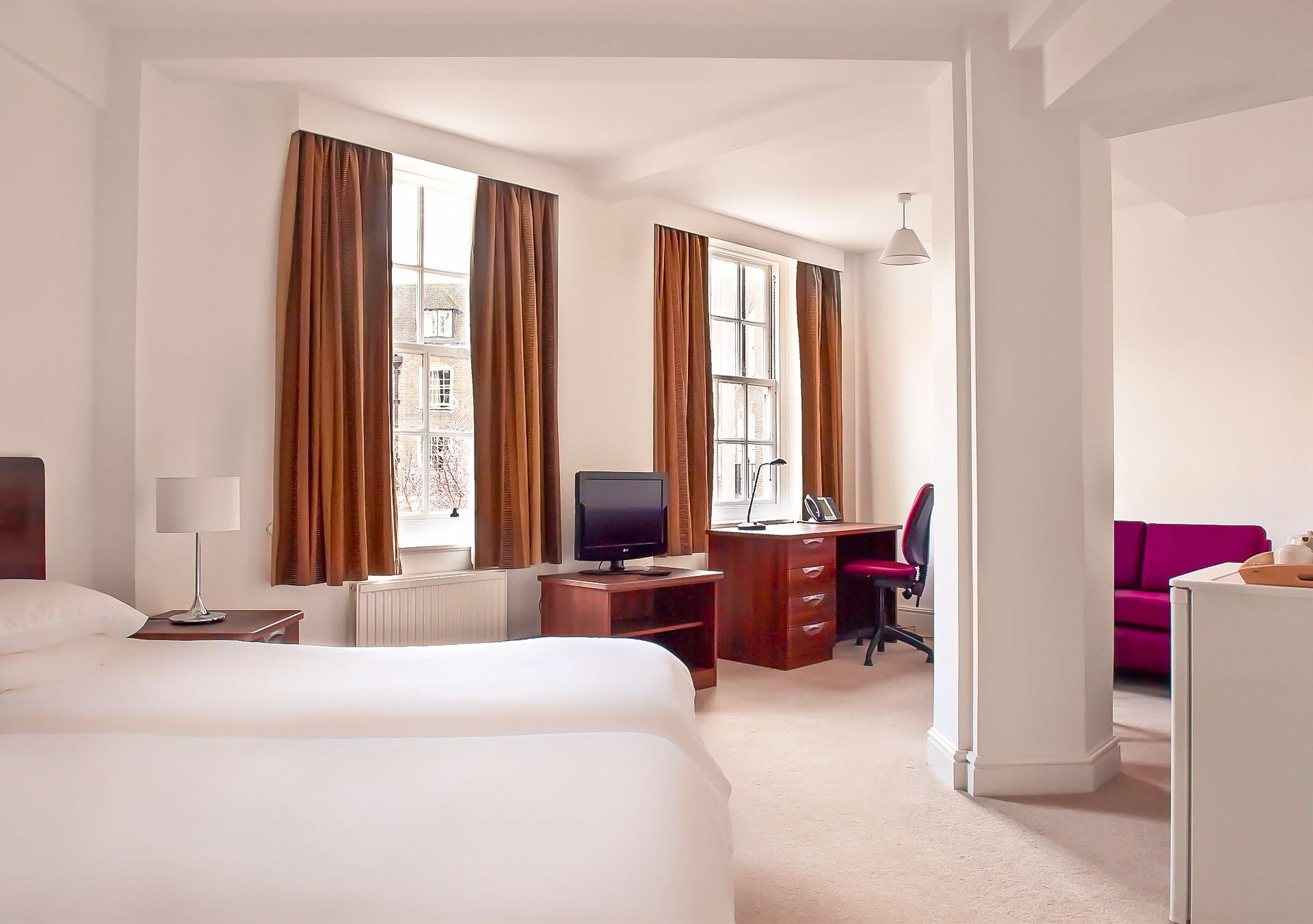Archäologische Funde von Stätten in und um Cardiff belegen, dass sich Menschen aus der Jungsteinzeit bereits vor mindestens etwa 6.000 v. Chr. (Vor der Gegenwart) in der Gegend niedergelassen hatten, etwa 1.500 Jahre vor der Fertigstellung von Stonehenge oder der Großen Pyramide von Gizeh. Eine Gruppe von fünf Tumuli aus der Bronzezeit befindet sich auf dem Gipfel des Garth innerhalb der nördlichen Grenze des Landkreises. Innerhalb der heutigen Grafschaftsgrenzen von Cardiff wurden vier Hügelfestungen und Umzäunungen aus der Eisenzeit identifiziert, darunter Caerau Hillfort, ein umschlossenes Gebiet von 51.000 Quadratmetern.
König Edward VII. verlieh Cardiff am 28. Oktober 1905 den Status einer Stadt, und die Stadt erhielt 1916 eine römisch-katholische Kathedrale. In den folgenden Jahren befanden sich immer mehr nationale Institutionen in der Stadt, darunter das National Museum of Wales, das Welsh National War Memorial, und das Registrierungsgebäude der University of Wales – der National Library of Wales wurde es jedoch verweigert, teilweise weil der Gründer der Bibliothek, Sir John Williams, der Ansicht war, dass Cardiff „eine nicht-walisische Bevölkerung“ habe.
Cardiff: die Universitäten
Die Cardiff University befindet sich im Viertel Cathays Park in Cardiff, Wales. Sie erhielt ihre königliche Charta im Jahr 1883 und ist Mitglied der Russell Group of Universities. Die Universität wird immer wieder als Anbieterin der besten Universitätsausbildung in Wales anerkannt. Die Cardiff University feierte 2008 ihr 125-jähriges Bestehen.
Im Jahr 1931 wurde die School of Medicine, die 1893 als Teil des College gegründet worden war, als die Abteilungen für Anatomie, Physiologie, Pathologie und Pharmakologie gegründet wurden, abgespalten, um das University of Wales College of Medicine zu bilden. 1972 wurde das College in University College, Cardiff umbenannt.
Am 1. August 2004 fusionierte die University of Wales, Cardiff mit dem University of Wales College of Medicine. Die fusionierte Einrichtung trennte sich von der College-University of Wales und nahm offiziell den Namen Cardiff University an.
Die Cardiff Metropolitan University besteht aus fünf akademischen Schulen: der renommierten Cardiff School of Art & Design; Die Cardiff School of Education – einer der führenden Anbieter von Lehrerausbildung im Vereinigten Königreich; Die Cardiff School of Health Sciences – mit dem kürzlich eröffneten 4,9 Millionen Pfund teuren Forschungszentrum; Die Cardiff School of Management – die den größten Campus-MBA-Studiengang im Vereinigten Königreich anbietet, und ihre berühmte Cardiff School of Sport.
Die Wurzeln der Cardiff Metropolitan University reichen bis in die Mitte des 18. Jahrhunderts zurück, es gab jedoch einige Veränderungen und Cardiff Met in seiner heutigen Form wurde 1996 gegründet. Im Jahr 2007 wurde Cardiff Met als erste britische Universität mit dem Charter Mark for Excellence der Regierung ausgezeichnet das 5. Mal. Cardiff Met hat über 11.000 Studenten aus über 125 Ländern weltweit.
Berühmte Alumni
Universität Cardiff: Faisal al-Fayez (ehemaliger Premierminister von Jordanien), Paul Atherton (Fernseh-/Filmproduzent), Professor Robin Attfield (Philosoph), The Rt Revd Gregory Cameron (Bischof von St. Asaph), Dr. Sheila Cameron QC (Anwältin und kirchlicher Richter), Philip Cashian (Komponist), Gillian Clarke (Dichter), William Gareth Davies (Rugby-Fußballer und Geschäftsführer des Cardiff Rugby Football Club), Huw Edwards (Journalist), Professor Sir Martin Evans (Nobelpreis für Medizin 2007), Glenys Kinnock (Politiker), Neil Kinnock (Politiker), Bernard Knight (Krimiautor).
Cardiff Metropolitan University: Olympiasiegerin Lynn Davies CBE, die Fernsehmoderatoren Jill Dando und John Inverdale sowie der ehemalige walisische Rugby-Union-Scrum-Half Gareth Edwards CBE.
